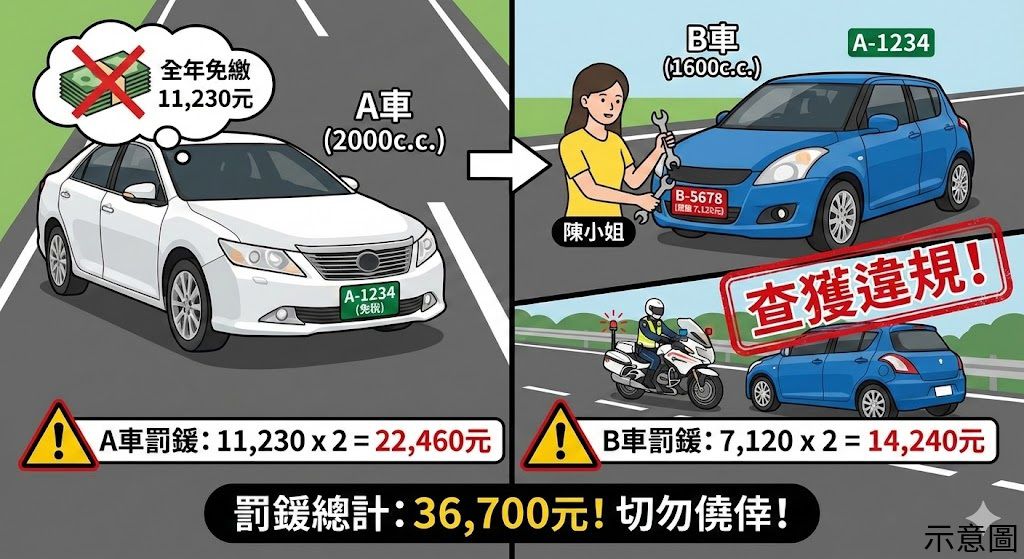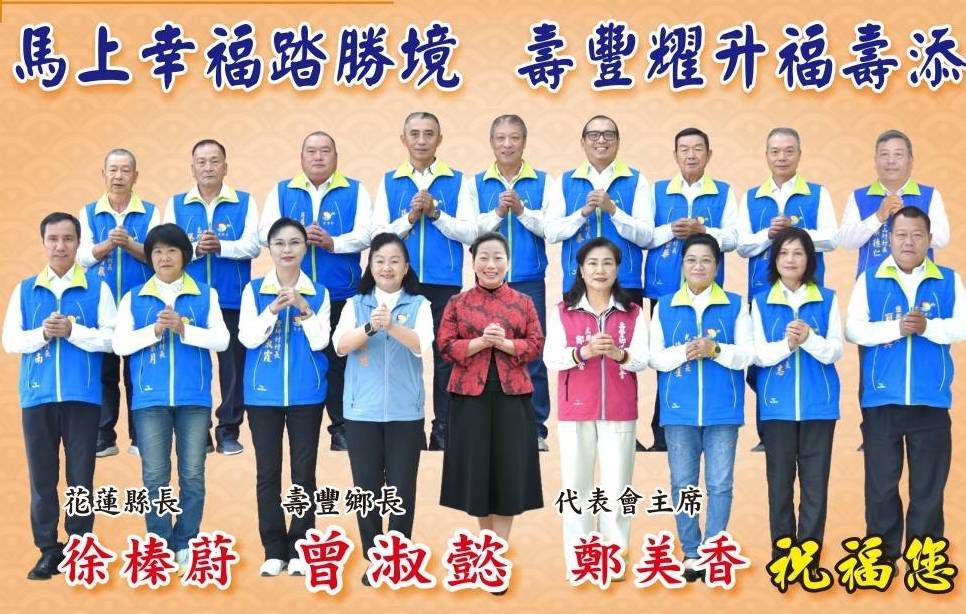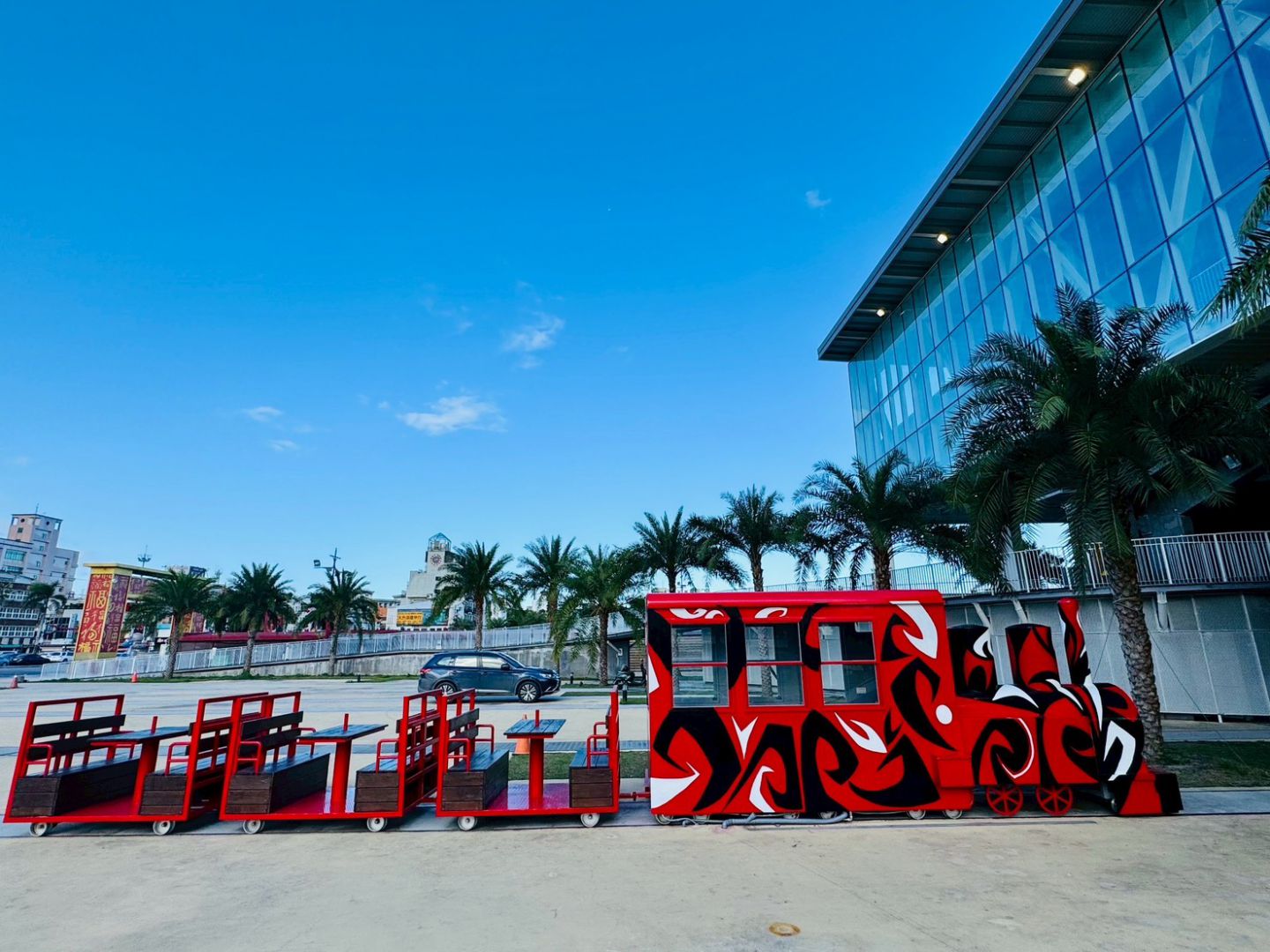記者曾英怡/花蓮報導
民眾劉先生投書表示,開羅宣言原文如下:
The three great Allies are fighting this war to restrain and punish the aggression of Japan. They covet no gain for themselves and have no thought of territorial expansion. It is their purpose that Japan shall be stripped of all the islands in the Pacific which she has seized or occupied since the beginning of the first World War in 1914, and that all the territories Japan has stolen from the Chinese, such as Manchuria, Formosa, and the Pescadores, shall be restored to the Republic of China.
投書民眾強調,在《開羅宣言》中,「restored」(恢復/歸還)這個字具有極為重要的意義,它不僅是單純的領土轉移,更帶有法律與歷史上的涵義。
這個詞的使用表明:
1.認定日本是竊取者:宣言將日本佔領的台灣、澎湖等領土描述為「stolen」(竊取),而不是透過正當程序合法取得。因此,盟國的目的不是「給予」或「轉讓」這些領土,而是要求日本將其「歸還」給原本的主人——中華民國。
2.承認中國的主權:使用「restored」一詞,意味著在國際法上承認中國對這些領土擁有主權,只是因為戰爭暫時失去。換言之,日本在《馬關條約》中取得台灣的行為被盟國視為非法或無效的,這使得台灣在戰後的歸屬問題,並非處於「主權未定」的狀態。
3.確立戰後秩序的基石:《開羅宣言》作為盟國的戰時聲明,確立了戰後處置日本的方針。「restored」這個詞,成為了後來《波茨坦公告》和《日本投降文書》等一系列文件的基礎,最終促成了中華民國在二戰後接收台灣,並恢復對該地的管轄權。
因此,「restored」不僅僅是一個動詞,它承載著盟國對日本侵略行為的否定,以及對中國歷史主權的承認,為戰後台灣的地位奠定了重要的法律基礎。




